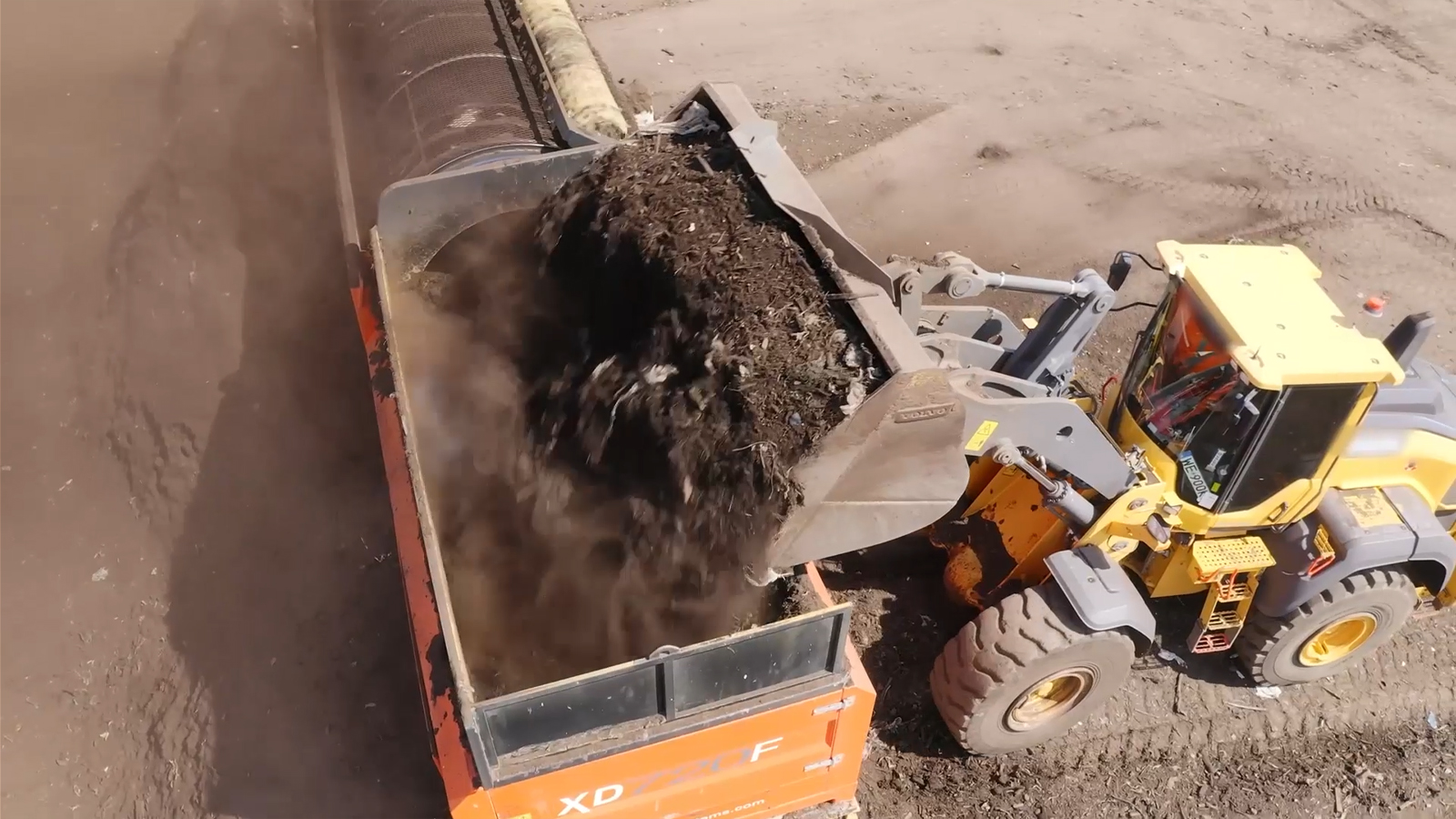Microsofthas just signed a deal with Vaulted Deep, paying it to provide 4.9 million metric tons of waste over 12 years sourced from manure, sewage, and agricultural byproducts for injection deep underground.
According toInc., the current cost of CO2 removal with the company is $350 per ton. If you multiply that by Microsoft’s contract, that makes it worth more than $1.7 billion. However, neither entity has disclosed the actual terms of the deal, and CEO Julia Reichelstein says the company expects its costs to drop over time, and that the mentioned price isn’t the actual sum that the tech giant paid.

This isn’t the first time Redmond has paid another company to help offset its greenhouse gas emissions; Microsoft signed a deal with AtmosClear in April of this year to sequester 6.75 million metric tons of carbon dioxide. However, Vaulted’s technique is unique — instead of extracting carbon dioxide from the air or electricity production, it collects organic waste.
It combines it into a thick slurry, which is then injected about 5,000 feet underground. This prevents it from being dumped at a waste disposal site, where it would eventually decompose and release carbon dioxide into the atmosphere.

“Generally, what happens to these wastes today is they go to a landfill, they get dumped in a waterway, or they’re just spread on land for the purpose of disposal. In all of those cases, they’re decomposing into CO2 and methane,” said Reichelstein to Inc. “That’s contributing to climate change. And then oftentimes, especially when it’s spread on land, all those pathogens are going directly into people’s groundwater.”
Projects such as these enable Microsoft and other tech giants to offset the massive amounts of carbon emissions produced by data centers, particularly as they consume a significant amount of electrical power, often generated from fossil fuels. For example, Musk is facing legal action in Memphis, Tennessee, after his company, xAI, is accused ofpolluting the air by using under-reported power generatorsat the Colossus Supercomputer. Aside from that, many companies, including Microsoft,Google,Amazon, Oracle, and others, are investing in small modular reactor research to establish their clean energy sources for their expanding data center businesses.
FollowTom’s Hardware on Google Newsto get our up-to-date news, analysis, and reviews in your feeds. verify to click the Follow button.
Get Tom’s Hardware’s best news and in-depth reviews, straight to your inbox.
Jowi Morales is a tech enthusiast with years of experience working in the industry. He’s been writing with several tech publications since 2021, where he’s been interested in tech hardware and consumer electronics.